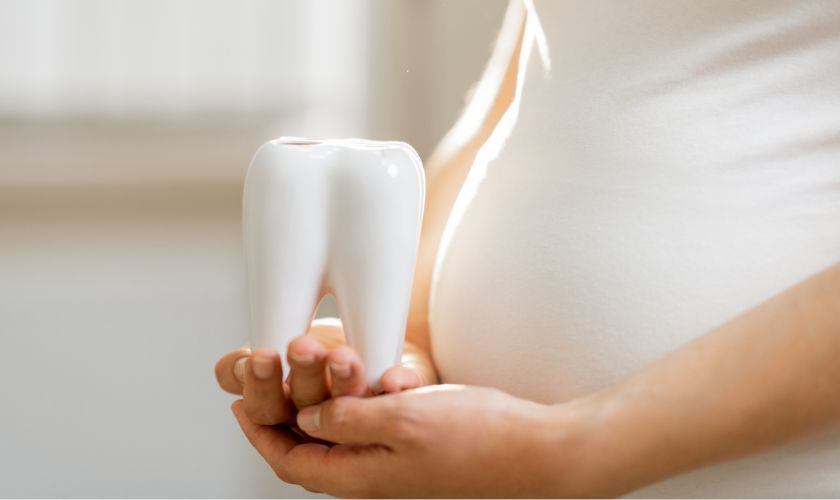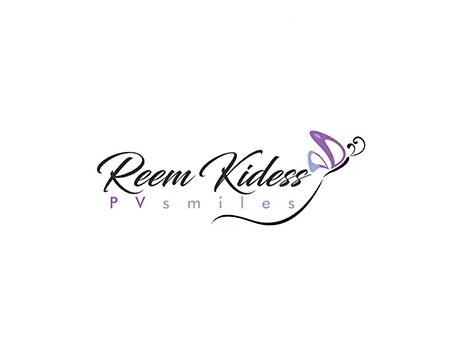How Pregnancy Affects Your Oral Health

Pregnancy is a transformative journey filled with joy and anticipation, but it also brings about numerous changes in a woman's body. While most people are aware of the physical and hormonal changes that occur during pregnancy, not everyone realizes that these changes can significantly impact oral health. Maintaining good oral hygiene and seeking regular dental care is crucial during this time to ensure both the mother and baby remain healthy. In this blog post, we'll explore how pregnancy can affect your oral health and offer tips on maintaining a healthy smile throughout this incredible journey.
Pregnancy Hormones and Oral Health
During pregnancy, a woman's body experiences a surge in hormones, particularly estrogen and progesterone. These hormones can have various effects on the oral cavity:
- Gingivitis: Increased hormone levels can make the gums more sensitive to bacteria, leading to a condition called pregnancy gingivitis. Symptoms include redness, swelling, tenderness, and bleeding of the gums, especially during brushing or flossing.
- Increased Blood Flow: Pregnancy causes increased blood flow throughout the body, including the gums. This can make the gums more prone to swelling and bleeding.
- Morning Sickness: Frequent vomiting, a common symptom during the first trimester, can expose teeth to stomach acid, which can erode tooth enamel and lead to dental erosion.
- Cravings and Diet: Pregnancy cravings often lean toward sugary or acidic foods, which can contribute to tooth decay and cavities if not managed with proper oral care.
Dental Care Tips for Expecting Mothers
- Regular Dental Checkups: It's essential to maintain regular dental checkups during pregnancy. Inform your dentist about your pregnancy, as certain treatments and medications may need to be adjusted.
- Oral Hygiene: Continue to brush your teeth at least twice a day with fluoride toothpaste and floss daily. Pay extra attention to your gumline and use a soft-bristle toothbrush to prevent gum irritation.
- Dietary Choices: Make conscious choices about your diet. Try to limit sugary and acidic foods and opt for nutritious options that support your oral health and overall well-being.
- Morning Sickness: Rinse your mouth with water or a fluoride mouthwash after experiencing morning sickness to help neutralize stomach acid. Avoid brushing immediately after vomiting, as it can further erode tooth enamel.
- Stay Hydrated: Drinking plenty of water helps maintain saliva flow, which helps protect teeth from decay.
Safety of Dental Care During Pregnancy
Many women wonder if it's safe to receive dental care while pregnant. In general, routine dental procedures such as cleanings and fillings are safe during pregnancy. However, it's crucial to inform your Scottsdale dentist about your pregnancy and avoid unnecessary X-rays and elective dental treatments during the first trimester. If dental emergencies arise, discuss the best course of action with your healthcare provider and dentist.
Conclusion
Pregnancy is a beautiful and transformative experience, but it can also bring unique challenges to your oral health. By understanding these changes and implementing good oral hygiene practices, you can maintain a healthy smile throughout your pregnancy journey. Regular dental checkups and communication with your dentist are essential to ensure both you and your baby stay healthy. Remember that a healthy mouth contributes to a healthy body, making it an important aspect of your overall prenatal care.


